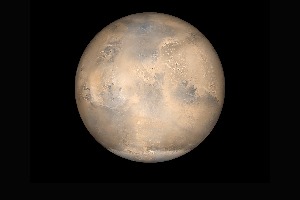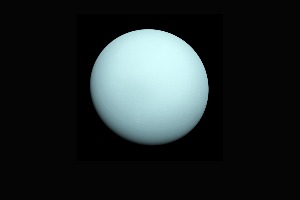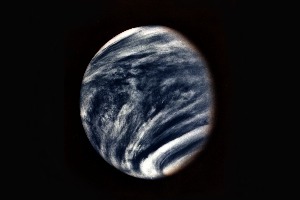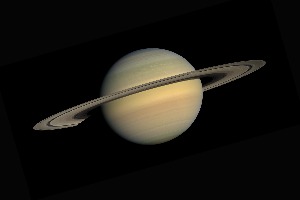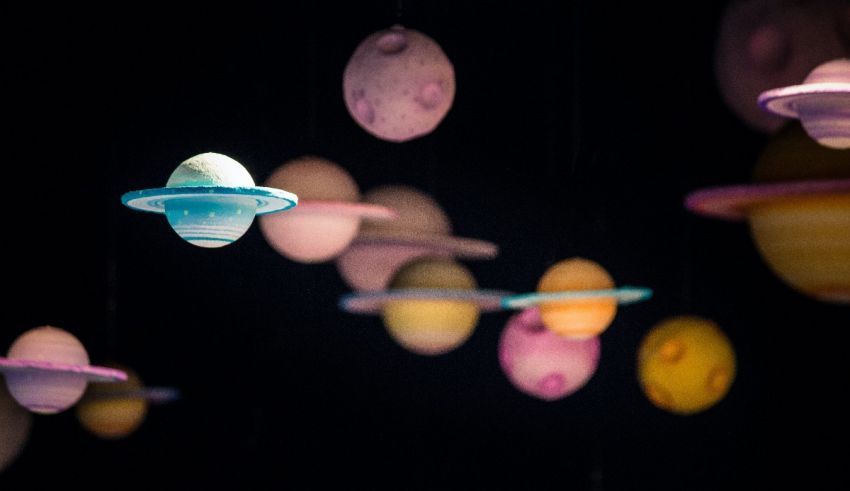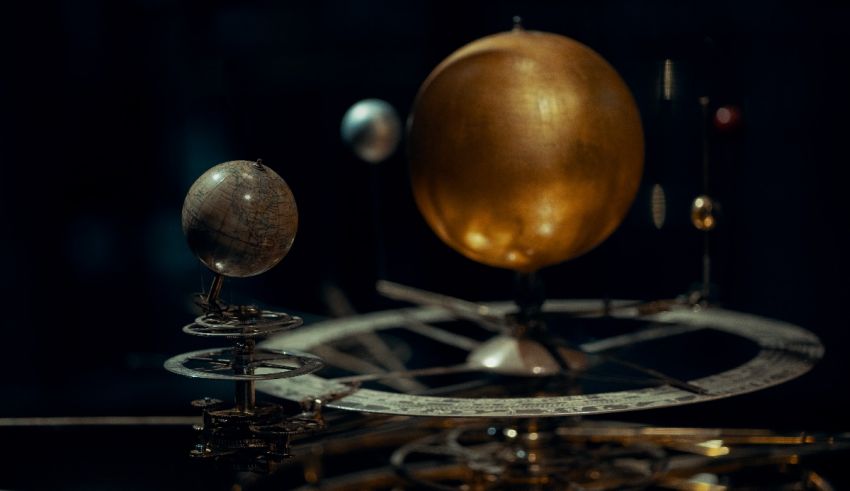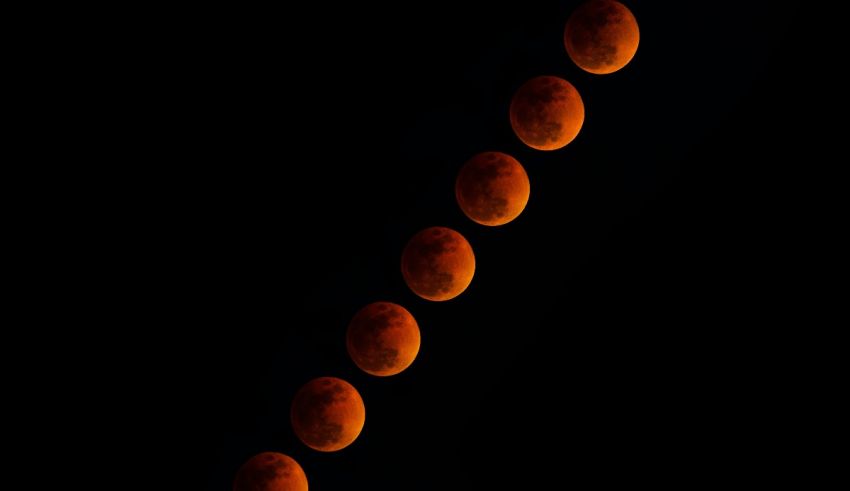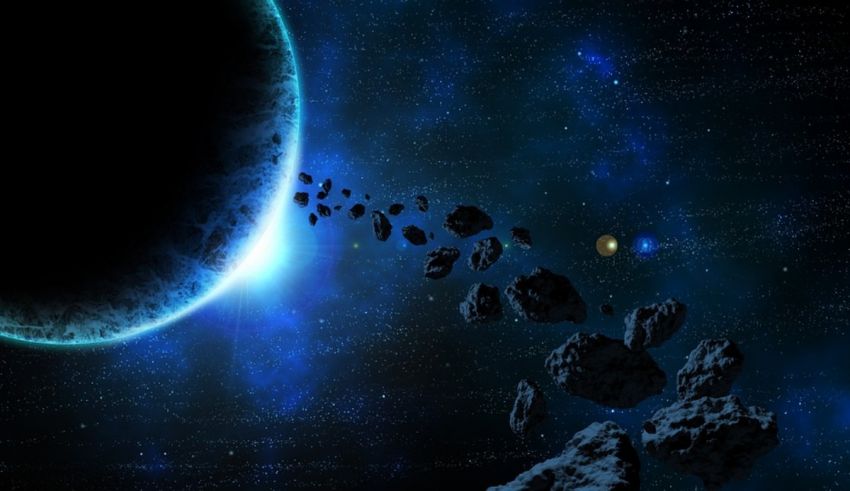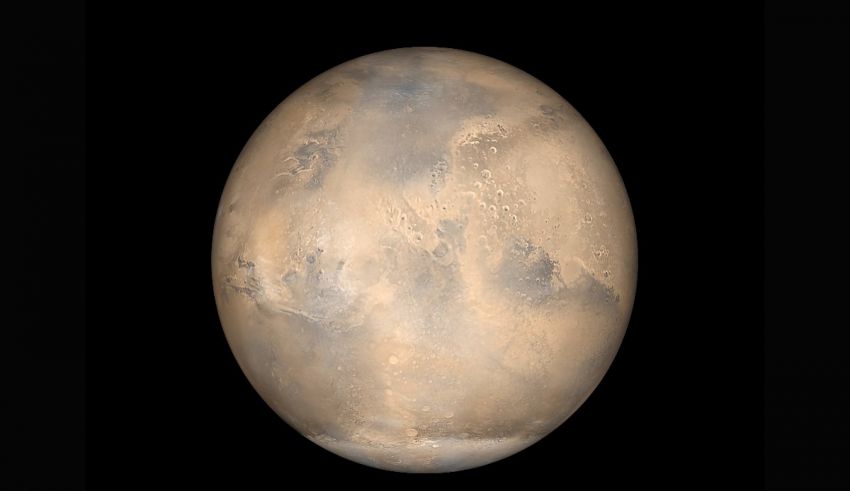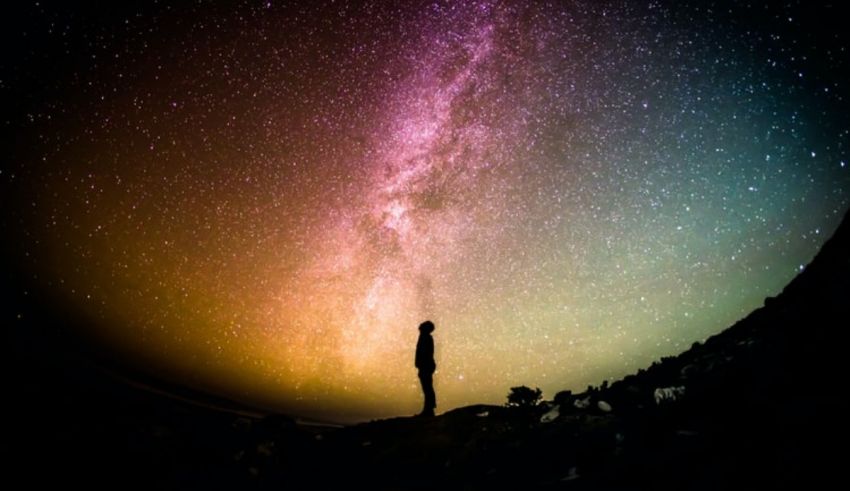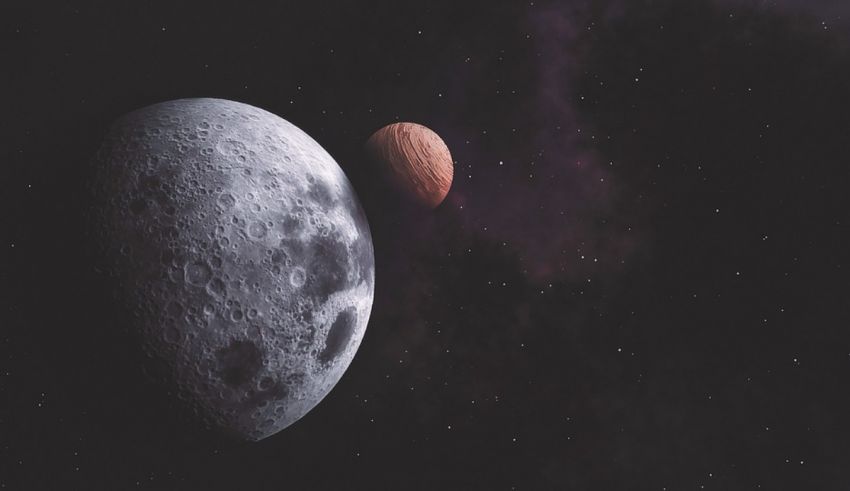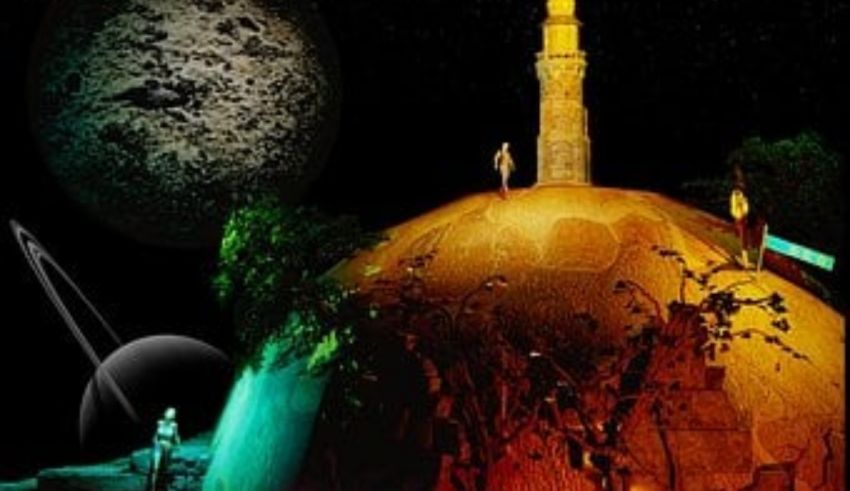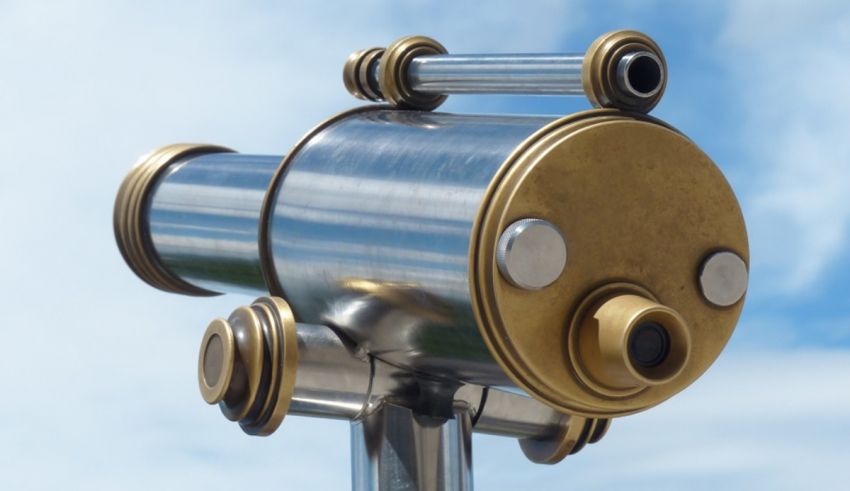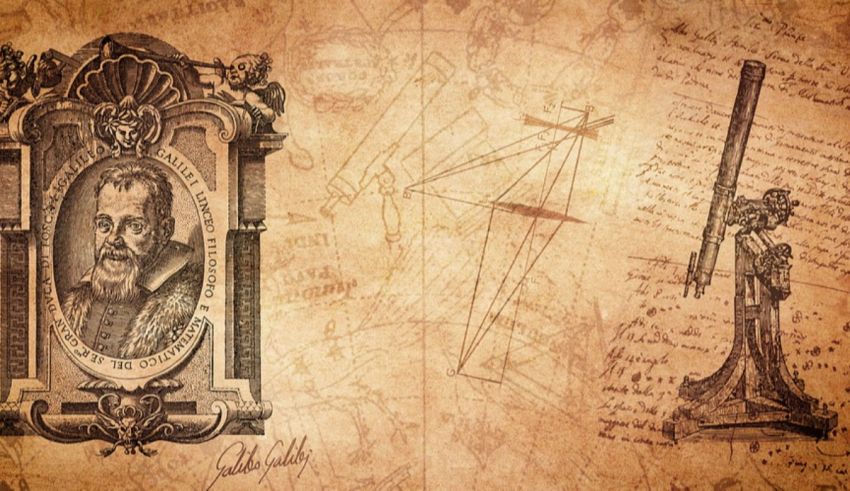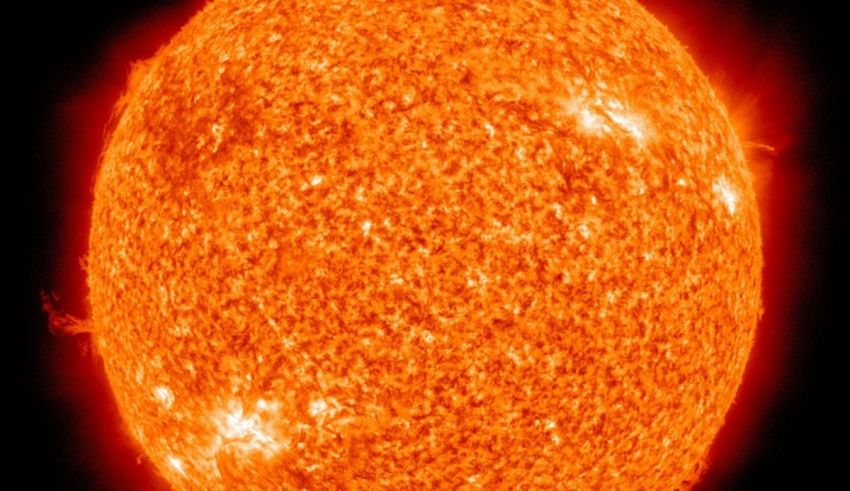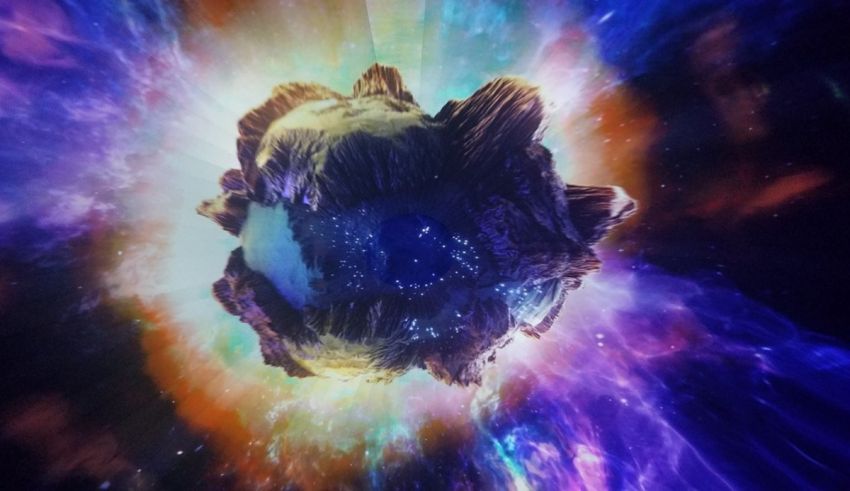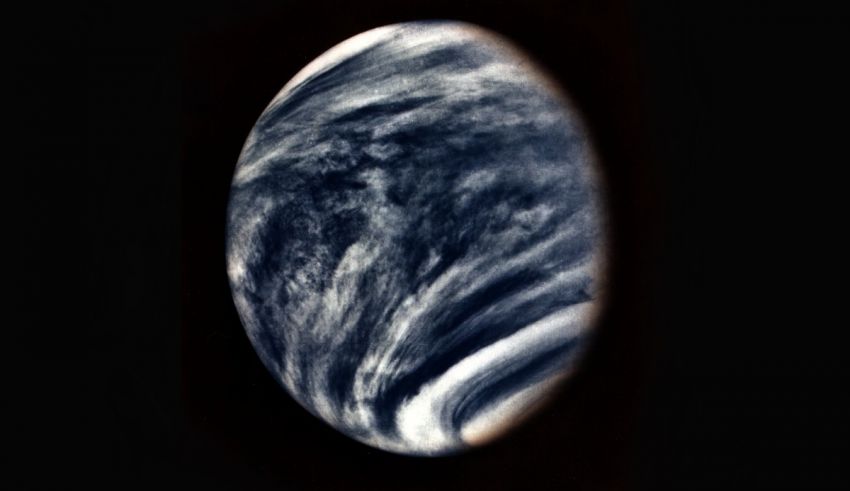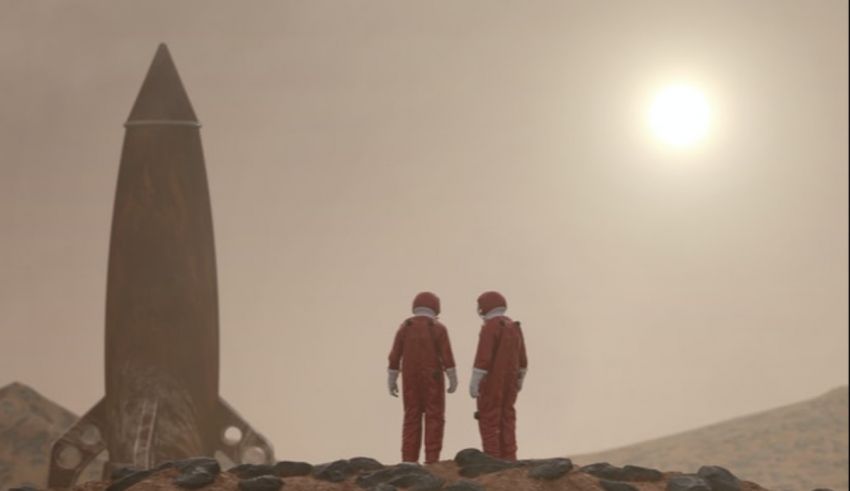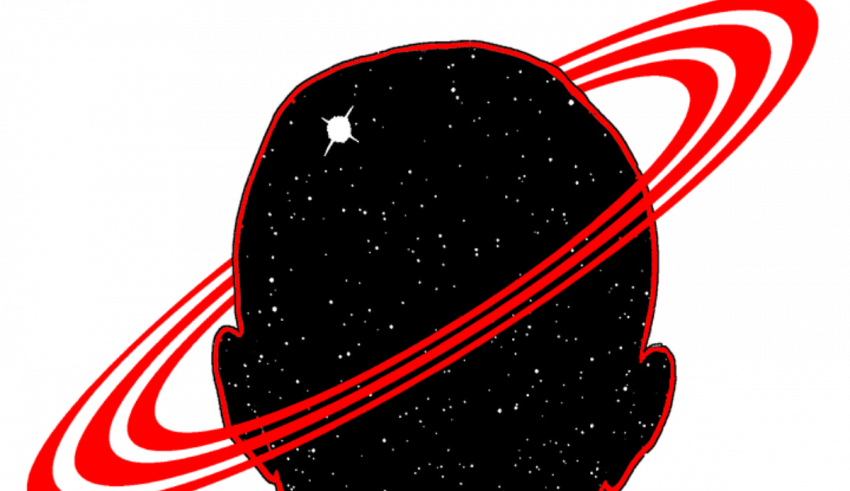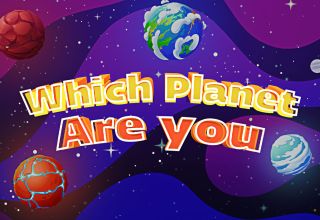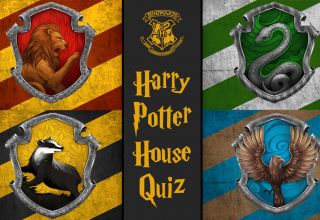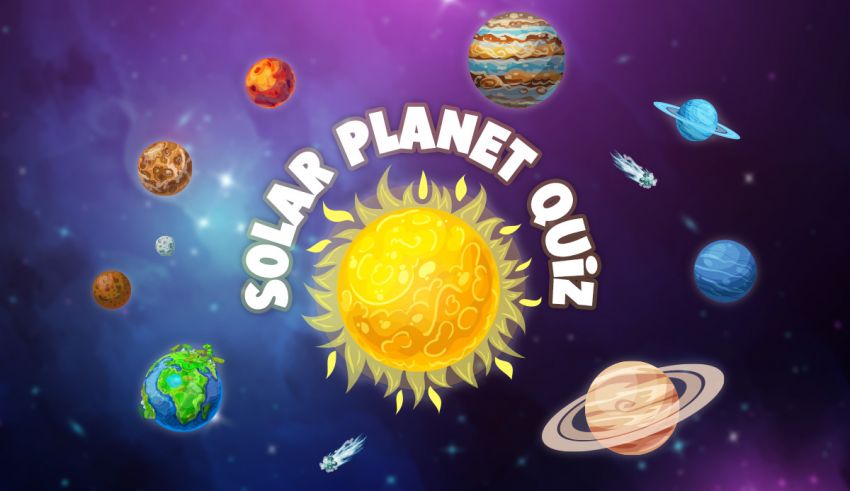
About Solar System Quiz
We all live on Earth, where our ancestors thought was the center of the universe just a few centuries ago. However, today we are aware that our planet is far from being the center of anything. We are not even at the center of the solar system, let alone the universe. This quiz is designed to test your knowledge of the solar system and its gravitationally bound planets. Before taking the Solar System Quiz, let’s review a few things about the Solar System and its constituents. If you want to test your general knowledge try our general knowledge quiz.
The Sun
The sun is the essence of the solar system. It’s the star that provides the gravity and energy that keeps the system alive. The sun is over 865,000 miles across, which is about 110 times the diameter of Earth. And it weighs 333,000 times the weight of our planet. The sun radiated light and other electromagnetic waves emitted due to the nuclear reactions on the star’s surface. The sun is by far the heaviest mass in the solar system, yet it’s a small star compared to other galactic giants.
The cast of the planet Quiz
So the sun sets the stage, but who are the actors that bring in the motions and emotions? Eight globes are orbiting the sun. The first four are called inner planets, and the rest, separated by the asteroid belt, are called the outer planets. Let’s start with the globe nearest to the sun.
Mercury
Mercury is the first world when traveling away from the sun. Mercury is very bright because it reflects the sun, yet it’s hard to observe it because of its proximity to the star. Every day on mercury is equivalent to 59 earth days. It only takes 88 earth days for the smallest planet of the solar system to orbit around the sun.
Venus
Venus is the second component of the solar system. It is the most similar world to Earth in terms of mass and size. It was named after the Greek goddess of beauty, and it is also known as the morning star. That’s because the planet is observable near sunrise and sunset. The density of the atmosphere in Venus is so high it will crush humans in a second.
Earth
Earth is the only habitable sphere in our solar system and probably the whole galaxy. The gravity and atmospheric pressure are such that the Earth can host various life forms.
The moon
The moon is not a planet. It’s a moon or satellite. Satellites are masses that orbit around planets. Other members of the stellar system also have their own moons. Jupiter has 79 moons alone! And Saturn is host to 82 moons, making it the number one champion in terms of moons.
Mars
Mars is the fourth massive object far away from the sun and the last of the solar system’s inner planets. Mars is also called the red planet. Carbon Dioxide accounts for 95 percent of the atmosphere. Mars was named after the ancient Greek God of war.
The asteroid belt
The inner and outer planets of the solar system are separated by hundreds of thousands of smaller masses that constitute what scientists call the asteroid belt. The asteroids are much smaller than planets. And they are mostly made of rock and metals.
Jupiter
Jupiter is the 5th actor of our stellar system and the nearest of the outer planets. Jupiter is the most giant bulk of gas in the solar system. The entire orb is made of gasses. This means that there is no place for rovers and, hypothetically, humans to land on. However, we are interested in colonizing Jupiter’s moons, especially Europa.
Saturn
The sixth member of the system is famous for its icy rings. The ‘lord of the rings” also has the most moons among other planets in the solar system. Saturn is also the second-largest planet in the solar system.
Uranus
The seventh planet of the system was too dim to be observed by the ancient civilizations. Therefore it was discovered using a telescope in the mid 18th century. Uranus is the coldest world in the solar system. The coldest part of Uranus reaches -224 degrees.
Neptune
It is the 8th and last planet in the system; therefore, it is the farthest from the sun. Neptune is the smallest gas giant in the stellar system. It takes Neptune 165 earth years to orbit the sun. That’s more than a human’s lifespan!
About the planet Quiz
The planet quiz is designed to test your planetary knowledge. The questions are based on the materials taught at school. This is not a planet personality quiz that relates your zodiac sign or personality to one of the orbiting spheres. The Solar System Quiz shows you how well you know our stellar neighborhood. Based on your score out of 20, you’ll fall into one of these groups:
The cosmic master
(18+ correct answers)
Congratulations! You’re among the most knowledgeable few in the galaxy. You know the basics and the details of both science and astrology. Hence, you’re the cosmic master.
Astrology Star
(15-18 correct answers)
Great job! You have a knack for astronomy. Answering more than 15 questions in the quiz requires both astronomical and scientific knowledge. You’re a star, and the planets are your disciples orbiting your aura of wisdom. Only 20% of American graduates can get to this level.
Planet titan
(11-14 correct answers)
Great job! You have passed the test. You know our place in the sky and can identify what goes around in the universe.
Dark satellite
(6-10 correct answers)
Not bad. Although you know some things and are somehow dynamic in the universe, you’re orbiting around the wrong mass- a planet instead of a star! This makes you a satellite. You can read more to gain enough energy to soar in the skies of science.
A floating rock
(up to 5 correct answers)
Sorry, there is no way to sugar-coat this. You have no idea what the solar system is. Therefore, you can’t navigate in the universe. I encourage you to watch YouTube videos about the solar system to learn more.
Take the Planet Quiz
I hope you’ve read the article above well. The test is tough, and you’ll need a lot of information to pass the test. Good Luck!

